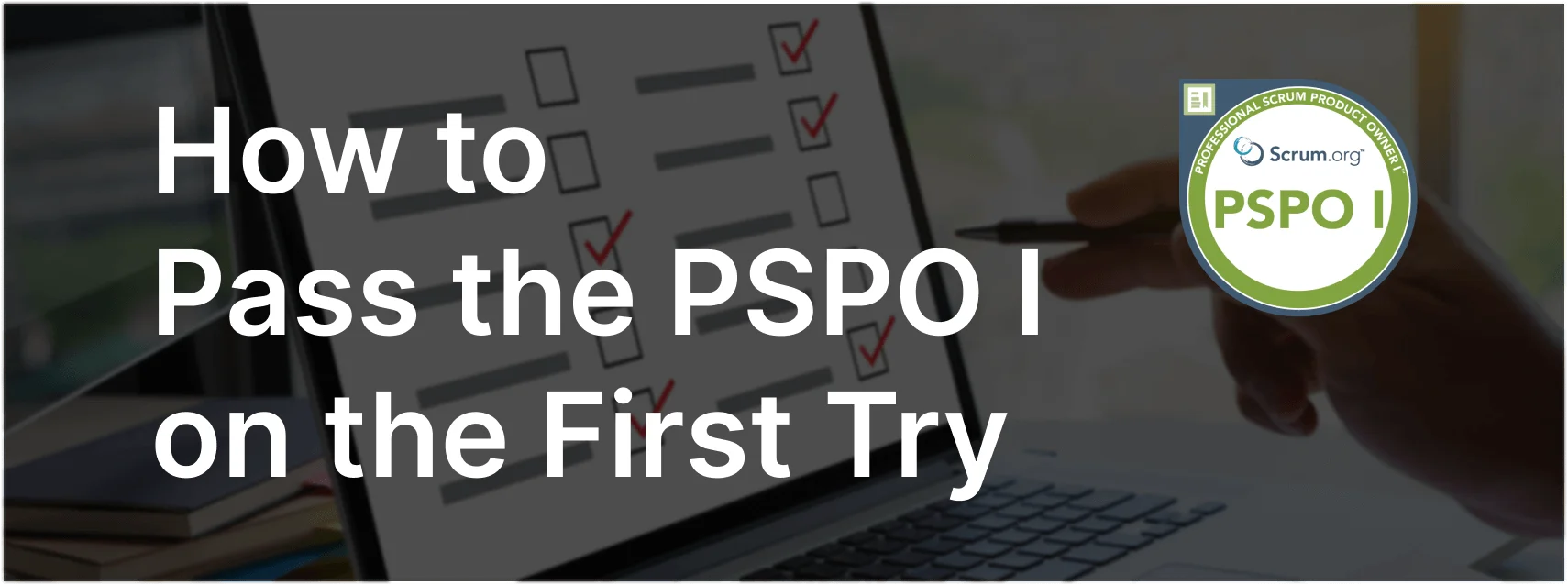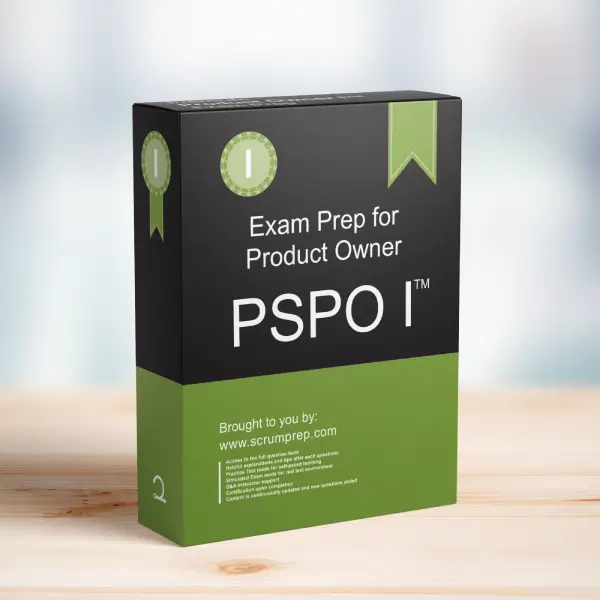Managing Product Backlogs for Multiple Teams
In Scrum, the Product Owner is responsible for maximizing the value of the product by managing the Product Backlog. This article explores whether a Product Owner with multiple teams working on one product should maintain separate Product Backlogs for each team, with a focus on the PSPO I exam.
Exam Question
True or False: A Product Owner with multiple teams working on one product should maintain separate Product Backlogs for each team.
- A. True
- B. False
Correct Answer
B. False
Explanation
Correct Answer
B. False:
In Scrum, there should be a single Product Backlog for each product, regardless of the number of teams working on it. This ensures that all teams are aligned and working towards the same overall product vision and goals. Maintaining a single Product Backlog helps in prioritizing and managing dependencies effectively, ensuring a cohesive and unified approach to product development.
Responsibilities in Scrum
- Product Owner: Responsible for managing the Product Backlog and ensuring that it reflects the most valuable and necessary work for the product. The Product Owner prioritizes the backlog items to maximize value and align with the product vision.
- Scrum Master: Facilitates the Scrum process and supports the Product Owner in managing the Product Backlog effectively.
- Developers: Collaborate with the Product Owner to understand and refine the Product Backlog items, ensuring that the work is well-defined and ready for the Sprint.
Relevance to the PSPO I Exam
Understanding the principle of having a single Product Backlog for a product is crucial for the PSPO I exam. This knowledge ensures that Product Owners and Scrum Teams work effectively and efficiently, maintaining alignment and focus on the overall product goals.
Key Takeaways
- A single Product Backlog should be maintained for each product, even if multiple teams are working on it.
- This approach ensures alignment, effective prioritization, and management of dependencies.
- The Product Owner is responsible for managing and prioritizing the Product Backlog to maximize value.
Conclusion
A Product Owner with multiple teams working on one product should maintain a single Product Backlog for that product. For comprehensive preparation and practice exams, check out PSPO I Exam Prep to enhance your understanding and application of Scrum principles.



